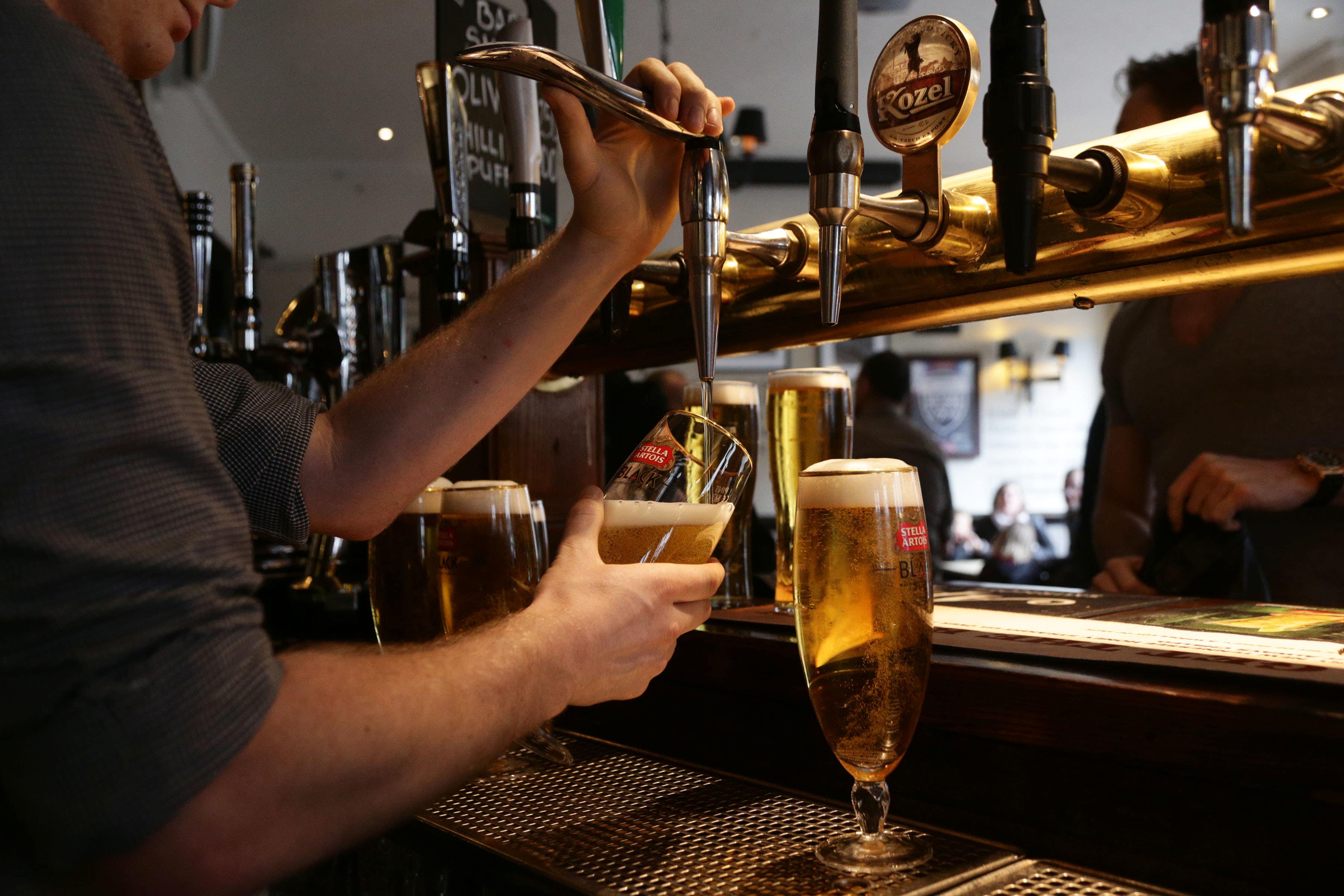UK service sector rebounds in February as recession fears start to fade
Business activity expanded in the sector for the first time since August

Britain’s service sector bounced back to growth last month in a sign that recession fears have eased and business optimism has improved. Economic activity grew for the first time in six months, and at the fastest pace since June.
The influential S&P Global/CIPS UK services PMI survey showed a reading of 53.5 in February, up from 48.7 in January. Any score above 50 is considered growth while a reading below indicates the economy is shrinking.
It marks the first time since August that business activity and volumes of incoming new work both expanded. The reading also came in slightly ahead of expectations, with a group of analysts at Pantheon Macroeconomics predicting a score of 53.
The survey also found that companies in the service sector – which includes everything from restaurants, pubs, hotels, hairdressers and builders – were significantly more optimistic last month.
Many firms said that their clients and customers were more confident due to reduced political uncertainty and hopes that inflation pressures were easing.
This led to the strongest rise in new orders since May last year. Some firms also reported seeing a rebound in business investment from their clients, partly due to the improving global economic outlook.
Furthermore, input cost inflation fell to its lowest level since June 2021, largely thanks to falling wholesale gas prices, reduced shipping rates and lower fuel bills, the report found.
However, not all firms were giving cheery reports, with many still reporting challenges from squeezed budgets and cost of living pressures hitting households.
And businesses still reported struggling under the weight of high electricity bills and pressure to raise staff wages as the labour market remained tight.
Inflationary pressures still had a vice-like grip on some business costs such as energy prices and salary demands from workers struggling with their own cost of living crises
Tim Moore, economics director at S&P Global Market Intelligence, which compiles the survey, said: “Elevated borrowing costs and stretched household finances remained constraints on growth. Service providers appear confident that demand remains sufficiently resilient to pass on higher costs to clients.”
The consumer prices index (CPI) inflation rate has been gradually declining after reaching a peak of 11.1 per cent in October, but it still remains in double digits.
Dr John Glen, chief economist at the Chartered Institute of Procurement and Supply (CIPS), added: “Inflationary pressures still had a vice-like grip on some business costs such as energy prices and salary demands from workers struggling with their own cost of living crises. However, the slowest rise in total input prices since June 2021 offered some respite.”


